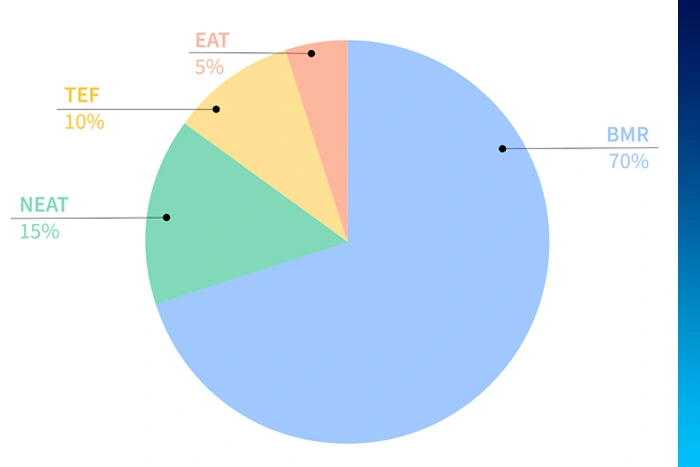How to Maintain Muscle Health While Working in an Office
Office work is an integral part of daily life for many. Spending long hours in front of a computer, sitting at a desk, or performing repetitive tasks can lead to muscle and posture problems. Lack of movement and poor posture can result in muscle pain, stiffness, and even long-term injuries. However, with some simple habits and strategies, it is possible to maintain muscle health and prevent the negative effects of prolonged sitting.
1. The Importance of Proper Posture (1)
One of the main causes of muscle pain for office workers is poor posture. Spending hours in a sedentary position, especially with a hunched back or tense shoulders, can strain certain muscles and cause discomfort in areas such as the lower back, neck, and shoulders.
How to correct your posture:
- Keep your back straight and shoulders relaxed.
- Align your feet with the floor.
- Position your screen at eye level.
- Use a keyboard and mouse at a comfortable height.
2. Take Active Breaks and Stretch Regularly (1)
Sitting for long periods without moving can lead to muscle and joint stiffness. Taking active breaks every 30-60 minutes helps prevent muscle fatigue, improve circulation, and reduce accumulated tension. These breaks don’t have to be long; just 5-10 minutes of light activity can relieve muscle pressure.
Exercises for muscle health at the office:
- Neck and shoulder stretches.
- Lower back stretches.
- Wrist and hand stretches.

3. Use an Ergonomic Workspace (2)
A well-designed workstation is crucial for long-term muscle health. Poor workspace design can put unnecessary strain on your wrists, shoulders, neck, and back, increasing the risk of musculoskeletal disorders.
Tips for an ergonomic setup:
- Adjust your chair and desk height so your feet are flat on the floor and your desk is at elbow level.
- Use ergonomic keyboards and mice to reduce wrist and finger strain.
- Invest in an ergonomic chair with proper lumbar support.

4. Incorporate Movement Into Your Day
In addition to active breaks, it’s important to add more movement to your daily routine to counteract the effects of prolonged sitting. Small changes can increase physical activity without disrupting your work.
Suggestions:
- Walk during your breaks. Take a quick walk around the office or outside to improve circulation and reduce stiffness.
- Use stairs instead of the elevator. This strengthens your legs and boosts circulation.
- Stand while working. Consider using a standing desk or adjustable workstation.

5. Exercise Outside of Work: The Key to Long-Term Muscle Health
While breaks and stretches are essential during the workday, exercising outside of work is equally important. Regular physical activity helps maintain muscle strength and flexibility, reducing the risk of pain and injuries.
Recommended exercises:
- Strength training: Weightlifting or resistance exercises strengthen muscles, especially in the back, core, and legs, improving posture and supporting long hours of sitting.
- Yoga or Pilates: These practices enhance flexibility, strength, and body awareness, helping prevent stiffness and muscle pain.
- Cardio: Activities like walking, running, swimming, or cycling improve circulation and keep muscles active and healthy.
6. Hydration: An Essential Factor for Muscle Health
Proper hydration is key for muscle function. Dehydration can cause muscle cramps, fatigue, and other performance issues. Make sure to drink enough water throughout the day to keep your muscles well-hydrated.
Hydration tips:
- Drink at least 2 liters of water daily, especially if you sit for extended periods.
- Consider electrolyte-infused water after intense activities to replenish lost minerals.

7. Consider Technology: Support Tools
Certain tools can help promote muscle health during office work:
- Active break reminder apps: Apps that notify you every 30-60 minutes to stretch or take a short walk.
- Height-adjustable desks: These allow you to alternate between sitting and standing, reducing spinal pressure and improving circulation.
- Smartwatches or fitness trackers: Many devices have built-in reminders to move and stretch throughout the day.
























